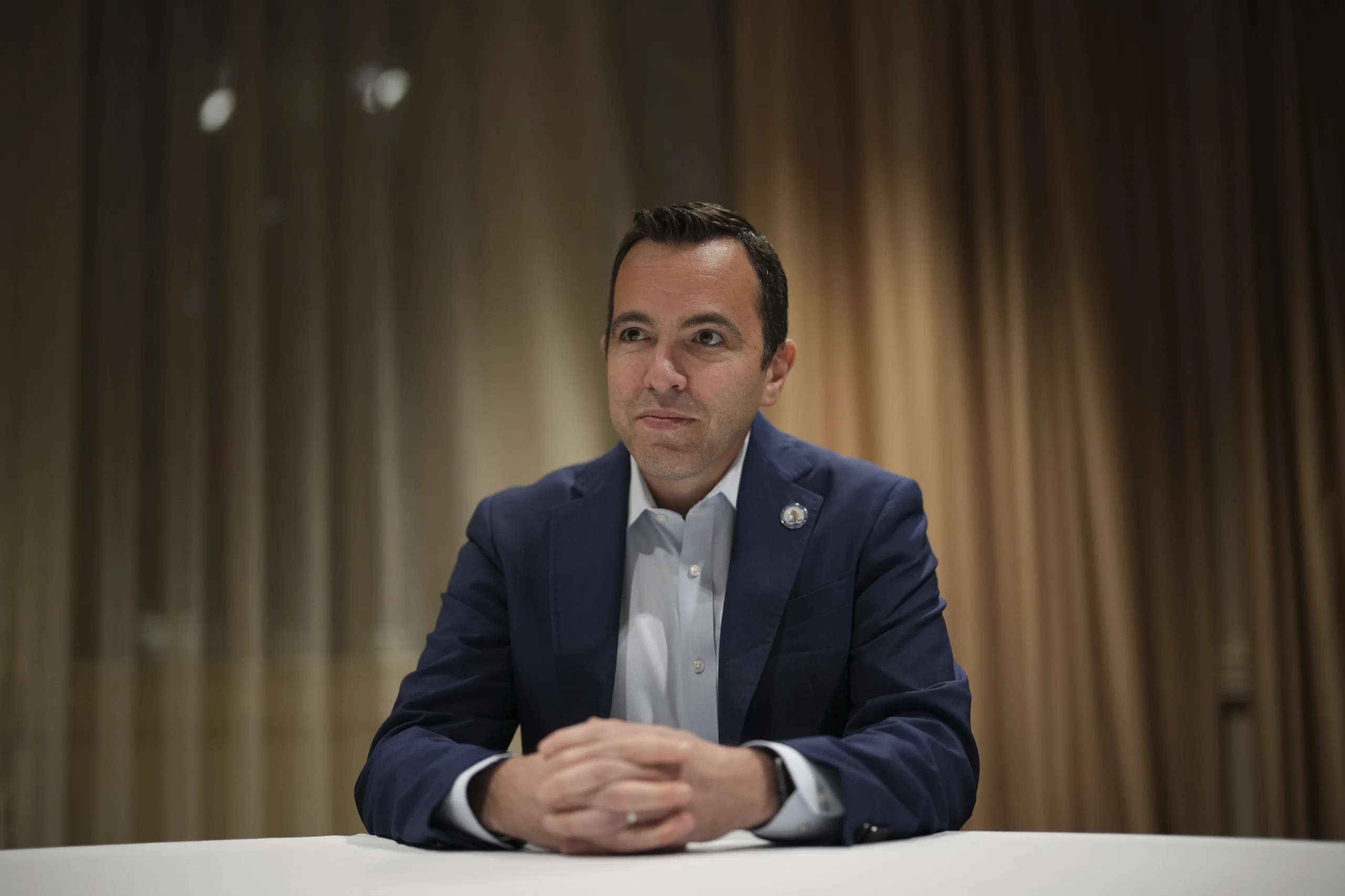Authors
Share
Background
Since the Supreme Court overturned Roe v. Wade with the Dobbs v. Jackson Women’s Health Organization (Dobbs) decision in June 2022, the legal landscape around abortion has drastically changed, resulting in much uncertainty. Dobbs returned the issue of abortion to the states and shortly after the ruling came out, nearly half of the states in the country enacted some form of an abortion ban through existing trigger laws or by taking up new legislation in response to the ruling. Currently more than two dozen states, including Texas and Missouri, have near total bans with very limited exceptions for circumstances like for the health of the mother. Other states, like Florida and Georgia, have gestational age bans that restrict access to abortion after a certain point in pregnancy, which can range from 6 weeks to 15 weeks. Providers in states, such as Wisconsin and North Dakota have stopped offering abortions altogether due to uncertainty regarding the legality of abortion care. This uncertainty has led to abortion clinics closing in some states. Providers in other states, such as North Dakota and Florida, still offer abortions pending legal challenges. These legal challenges have led to legislatures passing new laws that very narrowly permit abortions, replacing the old bans subject to legal challenge.
The Dobbs decision has also created significant action at the local level. Some local governments have embraced a portion of the Dobbs ruling that references the Comstock Act, a federal law that prohibits the mailing of any supplies that support abortion care, to ban abortions at a local level. The City of Eunice in New Mexico is one of 5 municipalities in the state to pass an ordinance banning abortion based on the Comstock Act. The City of Eunice sued the Governor of New Mexico for signing an abortion rights bill that overrides local ordinances like the one Eunice enacted, claiming the law violates the federal Comstock Act.
Some State Attorneys General Defend Abortion Access while Others Seek to Restrict Access
The state attorney general represents the public interest of their state. They do this by representing state government agencies and boards and commissions, defending state laws when challenged, and enforcing state laws when violated. In some instances, this can mean taking action against municipalities or other entities governed by state law.
State attorneys general who support abortion access have and continue to use their bully pulpit to defend state laws to protect access to abortion care. State attorneys general have the power to protect and support patients seeking abortions and their medical providers by issuing guidance to inform individuals of their reproductive health care rights and submitting comment letters to state and federal agencies to help expand abortion access. Further, some state attorneys general have advanced abortion access nationwide through multi-state litigation and amicus briefs to stop enforcement of state bans that violate the state constitutions or other state laws.
Examples of State Attorneys General Actions Involving Abortion Access
As states determine how abortion bans are applied, attorneys general play a key role in weighing in on the legality and constitutionality of those laws:
- In 2021 South Carolina passed a 6 week abortion ban. When that law was challenged by Planned Parenthood and defended by Attorney General Al Wilson, 17 attorneys general filed an amicus brief in support of the plaintiff. In January 2023, the South Carolina Supreme Court sided with Planned Parenthood and the attorneys general who filed the amicus, and ruled the law unconstitutional for violating the state’s constitutional right to privacy.
- After passing a 15 week abortion ban in Florida, several local prosecutors vowed to not enforce the ban or use their office’s resources to criminalize abortion. Florida Governor Ron DeSantis suspended one prosecutor, Andrew Warren, for refusing to enforce the state abortion ban. Ohio Attorney General Dave Yost, along with 14 other attorneys general, filed an amicus brief in support of Governor DeSantis’s action. Attorney General Yost argued that if locally elected prosecutors refuse to enforce the law they can be removed from office.
- Wisconsin Attorney General Josh Kaul refused to defend the state’s abortion ban arguing it was unconstitutional. A pre-civil war abortion ban that had been dormant under Roe became active after the Dobbs decision. Attorney General Kaul filed a lawsuit arguing that the law should not take effect because the Wisconsin legislature had passed more recent laws that regulated abortion care, inconsistent with the 1849 ban. Thus, the law had become obsolete under the doctrine of desuetude, or disuse.
The Leadership Center for Attorney General Studies is a non-partisan organization dedicated to educating the public about the important role state attorneys general play in addressing pressing issues, enforcing laws, and bringing about change.


